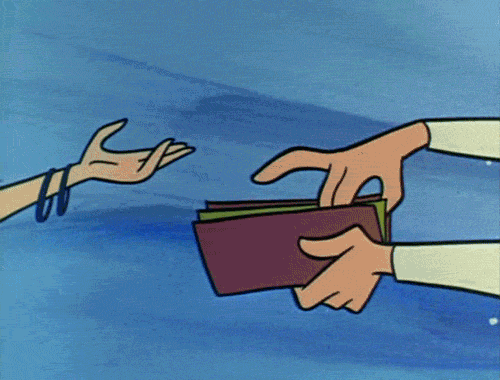The Death of Sound Economic Policy: Student Loan Forgiveness
The Loophole That Will Kill the Economy
In recent years, there has been a growing trend of people advocating for the so-called "forgiveness" of student loans. The idea is that, since many Americans are struggling to repay their loans, the government should step in and cancel everyone's debt. President Joe Biden has proposed a plan to do just that forgive $10,000 in student loans for every person with federal student debt. While this may sound like a good idea at first glance, it is actually the death of sound economic policy in the United States.
The Dangers of Student Loan Forgiveness
The first problem with the president's plan is that it would be paid for by tax hikes on the wealthy. This would lead to less investment and fewer jobs, as businesses would have less money to invest in new products and hire new workers. In other words, the very people who are struggling to pay off their student loans would be hit hardest by the president's plan.
We will see a surge in demand for higher education as people rush to take out new loans before they are forgiven. This will lead to an increase in tuition prices, therefore inflation, which will only make the problem worse. In addition, it will put an undue burden on taxpayers, as the cost of forgiving all of these loans will eventually be passed down to them through higher taxes. The plan would do nothing to address the root cause of rising tuition costs. Until colleges and universities rein in their spending, tuition will continue to rise, making it harder and harder for students to afford an education without taking on massive amounts of debt. This would lead to even more Americans being saddled with debt, and would likely increase default rates.
The Consequences
The so-called "forgiveness" of student loans promised by President Joe Biden is not just the death of sound economic policy in the United States, it is the death of accountability for many Americans. The loan forgiveness plan moves wages and wealth from workers to debtors. This type of deal breaks the bargain that people have in decision-making where decisions have consequences. In this case, we now have people whose decisions are not having consequences and other people who paid off their loans who are having to pay for those who did not. This is profoundly unfair and unworkable in a moral economic system.




